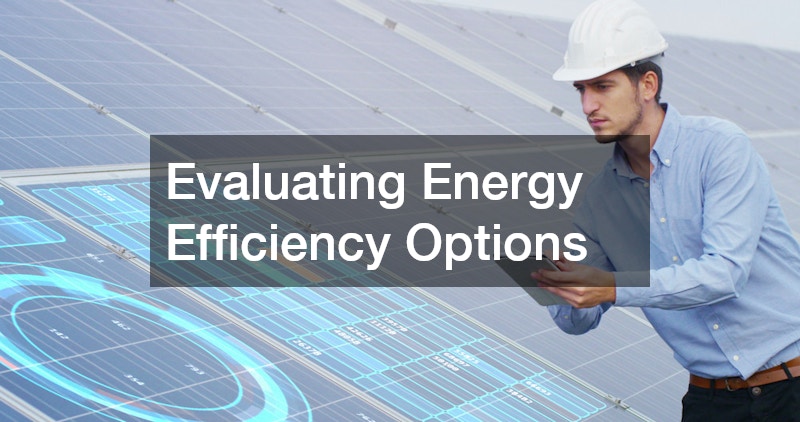Choosing the right commercial roofer for your business property is a crucial decision. It affects the longevity of your building, the safety of its occupants, and the financial health of your business. In this article, we will explore key considerations, including hiring criteria, types of roofing systems, and how to evaluate potential contractors.
Certifications and Specializations
Certifications demonstrate a roofer’s commitment to keeping up with industry innovations and their competence in specialized roofing systems. Various certifications, such as those offered by manufacturers, indicate advanced training and authorization to install or repair specific products. Specializations might involve expertise in green roofing systems, energy-efficient installations, or specific materials like metal or flat roofs.
Hiring a roofer with the right certifications can make a significant difference in the quality of work performed and longevity of your roofing system. Certified contractors are often updated with the latest technologies and best practices, ensuring optimal performance. Specializations cater to your particular roofing needs, especially when dealing with complex or innovative systems.
Assessing Building Structure and Needs
The physical structure of your building greatly influences the type of roofing system that would best suit your business premises. Factors such as the building’s design, size, and current condition can dictate whether you should opt for flat, sloped, or architectural roofing systems. Understanding the specific needs of your building helps in selecting a roofing system that offers both functionality and aesthetic appeal.
Consulting with a professional roofer can aid in evaluating these considerations effectively. They can assess your building’s characteristics and recommend a system that aligns with its structural requirements. Understanding local weather conditions and potential stressors is also vital to selecting a durable and long-lasting roofing solution.
Evaluating Energy Efficiency Options
Implementing energy-efficient roofing options can yield tangible benefits in operational costs and environmental impact. Cool roofing, green roofing, or solar panel installations are popular choices that many businesses consider for energy efficiency. These systems can significantly reduce cooling costs and help businesses achieve sustainability goals.
An energy-efficient roof reduces the amount of heat absorbed by the building, which can be particularly advantageous in hot climates. This can lead to a decrease in energy consumption, subsequently lowering electricity bills. Moreover, many energy-efficient roofing systems come with additional benefits such as increased longevity and reduced maintenance needs, further optimizing cost savings.
Understanding Material Durability and Maintenance
Selecting the right roofing material involves balancing durability, maintenance requirements, and cost. Some materials, like metal or slate, offer exceptional durability and can last for decades with minimal upkeep. However, they might come with higher upfront costs compared to options like asphalt shingles or EPDM rubber.
Understanding the long-term maintenance needs of various materials is crucial for budgeting and planning. Roofing systems requiring frequent maintenance may incur higher overall costs due to repairs and upkeep. Durable materials tend to have higher resistance to weathering and environmental impacts, supporting long-term structural integrity.
Conducting Interviews and Site Visits
Engaging directly with potential roofing contractors allows you to evaluate their professionalism and operational capabilities first-hand. Interviews provide an opportunity to ask detailed questions about their experience, past projects, and working processes. Site visits allow you to observe the contractor’s team in action, offering insights into their workmanship quality and safety protocols.
These interactions are essential for establishing a rapport and determining whether a contractor aligns with your company’s values and expectations. During interviews, discussing timelines, communication preferences, and problem-solving approaches can help ensure alignment with your project requirements. A site visit further complements the interview process by offering a practical demonstration of the contractor’s skills and efficiency.
Comparing Project Proposals and Estimates
Evaluating project proposals and estimates is a critical phase in selecting the right roofer for your business. It involves scrutinizing the cost details, timelines, and scope of work laid out in each proposal submitted by potential contractors. Comparing these elements across different proposals ensures that you receive a fair and competitive offer.
Ensuring that proposals align with budget constraints is crucial for sustainable project management. It’s advisable to request detailed breakdowns of costs associated with labor, materials, and additional services. Doing so helps in identifying any discrepancies and ensures transparency throughout the project lifecycle.
Reviewing Contracts Thoroughly
After selecting a contractor, reviewing the contract thoroughly is essential to establish clear terms and protect your interests. Contracts should detail the scope of work, timelines, payment schedules, warranties, and clauses related to changes or contingencies. Understanding these components ensures that both parties share expectations and obligations.
Making an informed choice when hiring a commercial roofer for your business property can safeguard your investment, enhance energy efficiency, and ensure long-term building integrity. By understanding necessary qualifications, assessing appropriate roofing systems, and thoroughly vetting contractors, you equip your business for success. This comprehensive approach not only optimizes financial and safety considerations but also contributes to sustainable business operations.


